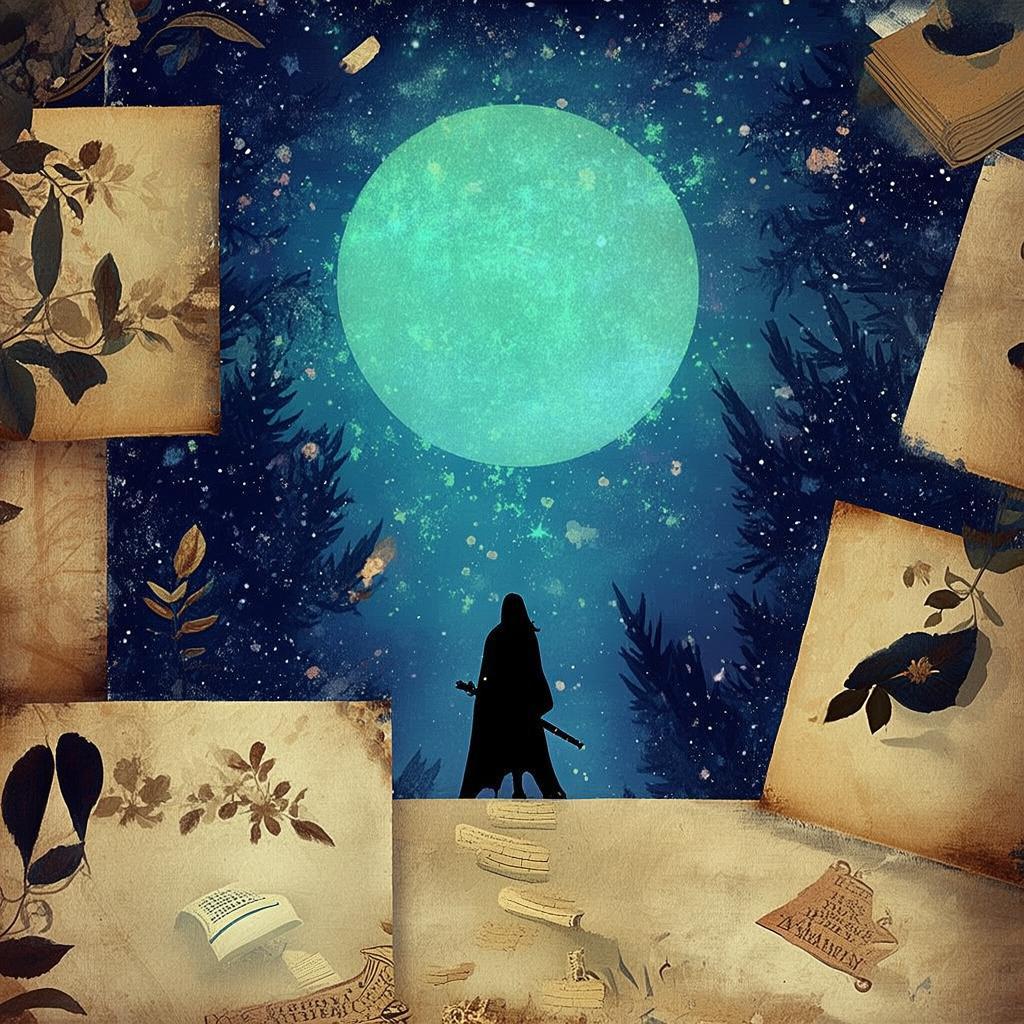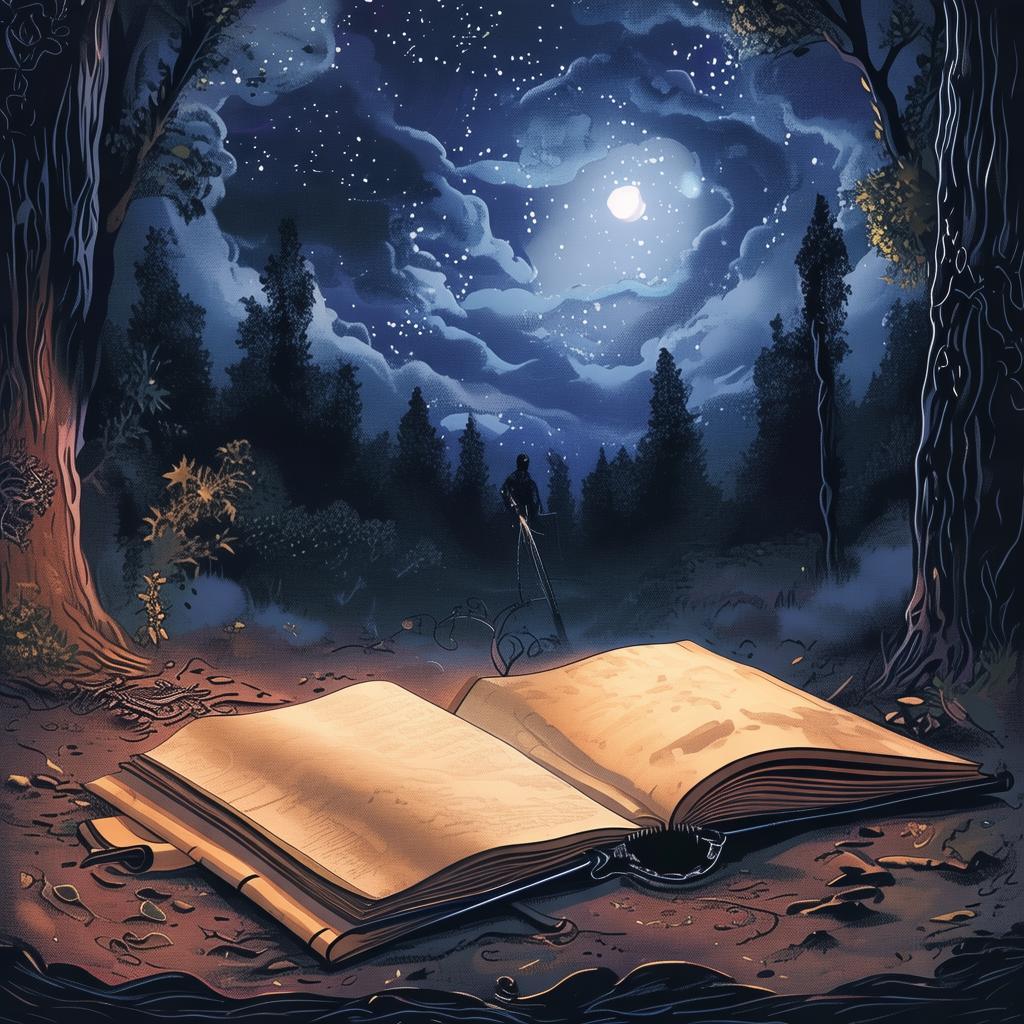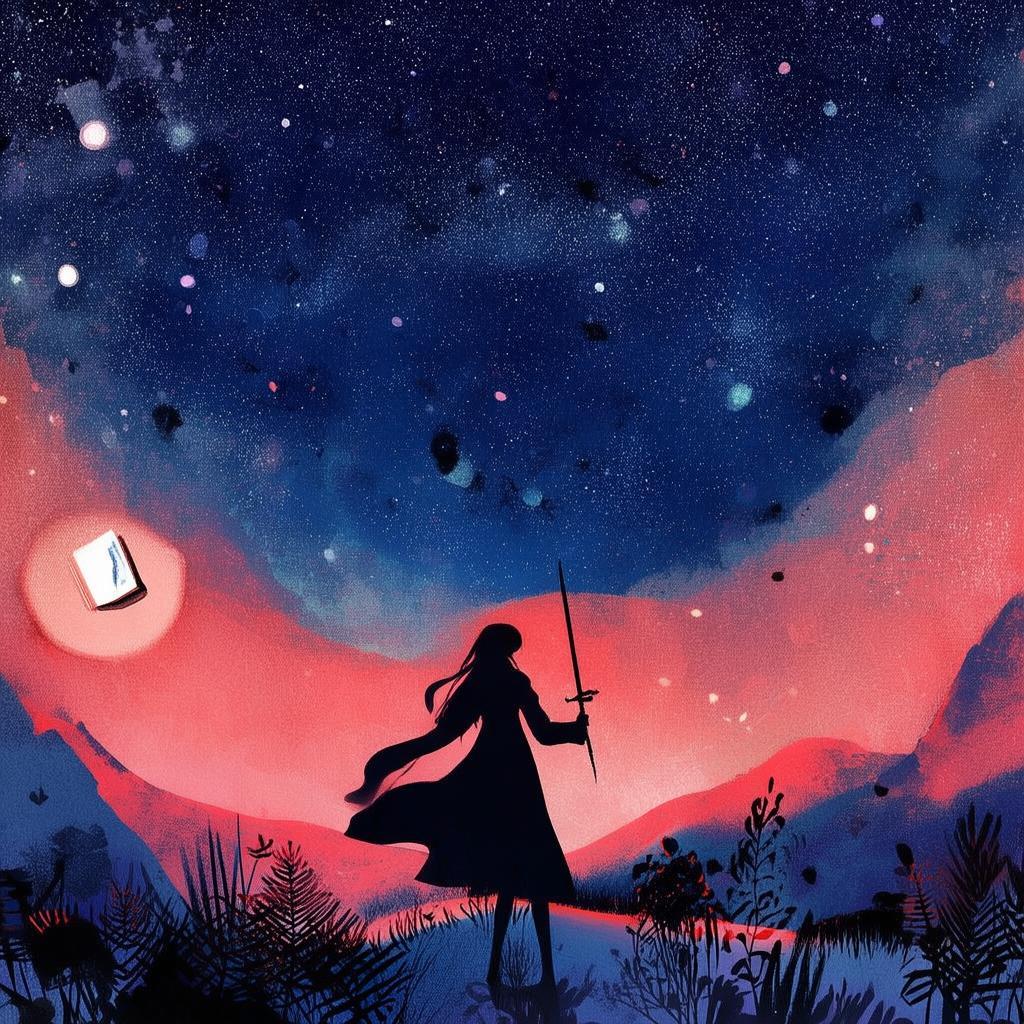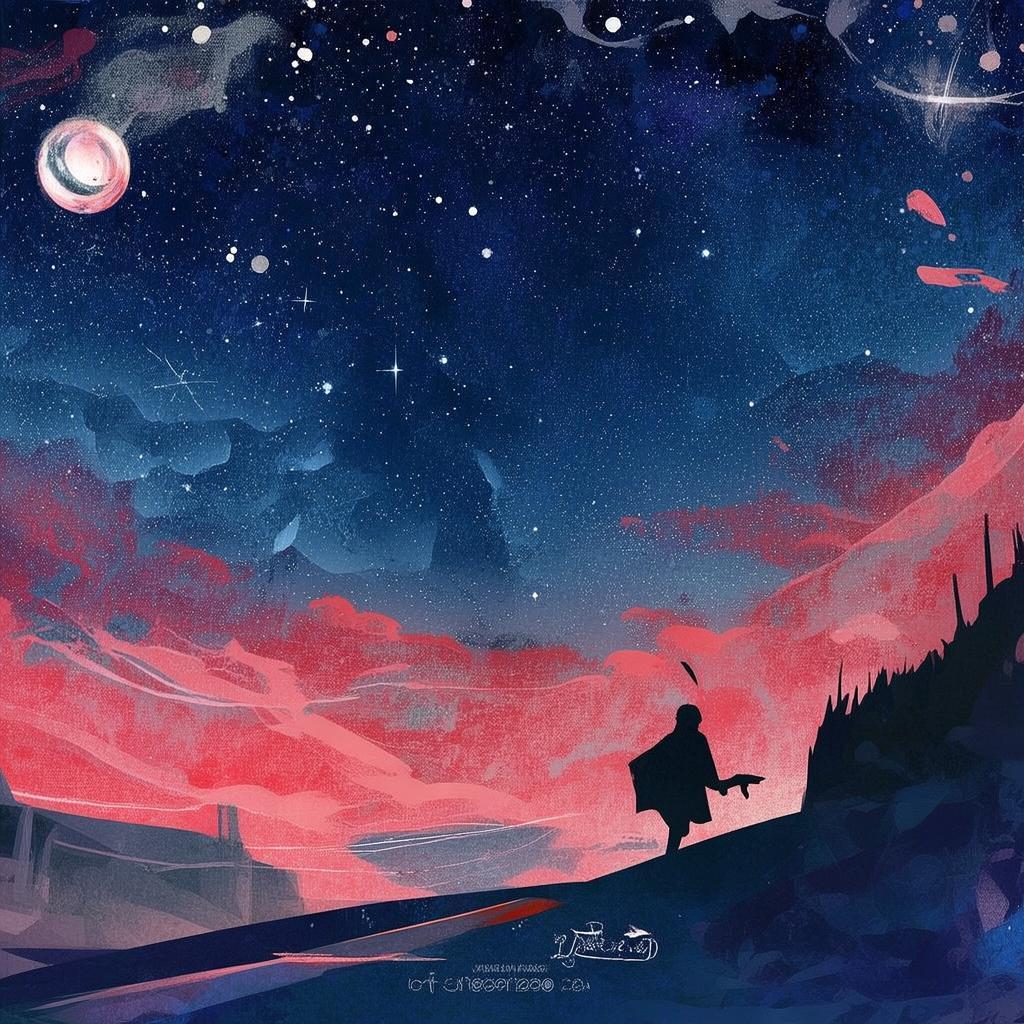Requiem for the Ancestors: The Legacy of Fela Kuti
In the heart of Lagos, Nigeria, the streets were alive with the echoes of Fela Kuti's revolutionary music. The sound of the afrobeat maestro reverberated through the slums, inspiring a generation to rise against the injustices of their time. Among the throngs of fans, there was a young man named Kola, whose life was a symphony of struggle and dreams.
Kola's father, a fervent follower of Fela's political message, had been a revolutionary himself. He had fought for the rights of the people, his voice a beacon of hope in the darkness of oppression. But in the heat of battle, he had met his end, his spirit bound to the underworld, his legacy a whispered tale among the living.
As a child, Kola had been taught the songs of resistance, but he was also raised in the tradition of ancestor veneration, a culture that held the dead in reverence and believed in the power of their spirits to protect and guide the living. The juxtaposition of these two beliefs had shaped Kola's worldview, creating a deep-seated conflict within him.
Years passed, and Kola grew into a man, his own music echoing the same call for justice that had defined his father's life. Yet, as he stood on the stage, the weight of his father's sacrifice was a burden he carried alone. He felt the spirit of his father in the notes he played, the echoes of his father's voice in the crowd's response.
One night, as the city was enveloped in the sounds of Kola's music, a strange event occurred. The crowd, entranced by the music, felt a shift in the air, as if the veil between the worlds had been torn open. An ancient figure appeared, draped in the fabrics of the ancestors, his eyes filled with the wisdom of the ages.
The spirit of Kola's father, now bound to the underworld, had been seeking redemption. He had heard the call of his son's music and had crossed the barrier to find him. "Son," the spirit said, his voice resonating with the power of Fela's music, "you have been chosen to carry my legacy. But you must face the retribution of the underworld."
Kola, unsure of what to make of this apparition, asked, "What must I do, father?"
"The retribution is not for you," the spirit replied. "It is for those who have forgotten our ways. You must journey into the depths of the underworld, to the realm of the forgotten, to retrieve the soul of a warrior who once fought alongside me. Only then can you claim the fullness of my legacy."
With no time to hesitate, Kola agreed. He knew this was the moment he had been preparing for. He had studied the rituals, the rhythms, and the traditions that his father had passed down to him. He was ready to face the underworld, ready to embrace the darkness that lay within.
The journey began with a ritual, a dance that invoked the spirits of the ancestors. As Kola danced, the rhythm of Fela's music filled the air, and the spirits responded. The music became his guide, his armor, his strength.

As he ventured deeper into the underworld, the darkness grew heavier, the air thick with the scent of decay. The spirits of the dead surrounded him, their eyes glowing with the stories of the past. He met the spirits of warriors, of lovers, of kings, each one a testament to the resilience of the human spirit.
In the heart of the underworld, Kola found the soul of the warrior, a man whose courage had been his undoing. The warrior's spirit was trapped, bound by a curse that had been cast upon him by a rival spirit. Kola knew that he had to break the curse, to free the warrior's soul.
With the help of the music that his father's spirit had imbued in him, Kola danced, his movements a combination of the rhythms of afrobeat and the rituals of ancestor veneration. The music reached a crescendo, and the spirits of the ancestors joined in, their voices harmonizing with Kola's.
The curse was broken, and the warrior's spirit was freed. In an act of gratitude, the warrior's spirit granted Kola the power to channel the full force of his ancestor's legacy. "You have proven your worth," the warrior's spirit said. "The music you play will now carry the weight of our ancestors' spirits."
As Kola emerged from the underworld, the city was filled with the sound of his music, now a force to be reckoned with. The spirit of his father, now at peace, watched over him, his legacy intact.
Kola returned to the stage, the music of Fela Kuti alive within him. The crowd, sensing the change, erupted in cheers, their souls lifted by the powerful vibrations of the music. Kola played with newfound purpose, his music now a blend of the past and the present, a testament to the resilience of the human spirit.
The legend of Kola spread, a story of redemption, of the power of music, and of the connection between the living and the dead. And so, the legacy of Fela Kuti lived on, through the rhythm of the afrobeat, through the hearts of those who danced to its beat, and through the spirits of the ancestors who watched over them.
✨ Original Statement ✨
All articles published on this website (including but not limited to text, images, videos, and other content) are original or authorized for reposting and are protected by relevant laws. Without the explicit written permission of this website, no individual or organization may copy, modify, repost, or use the content for commercial purposes.
If you need to quote or cooperate, please contact this site for authorization. We reserve the right to pursue legal responsibility for any unauthorized use.
Hereby declared.









